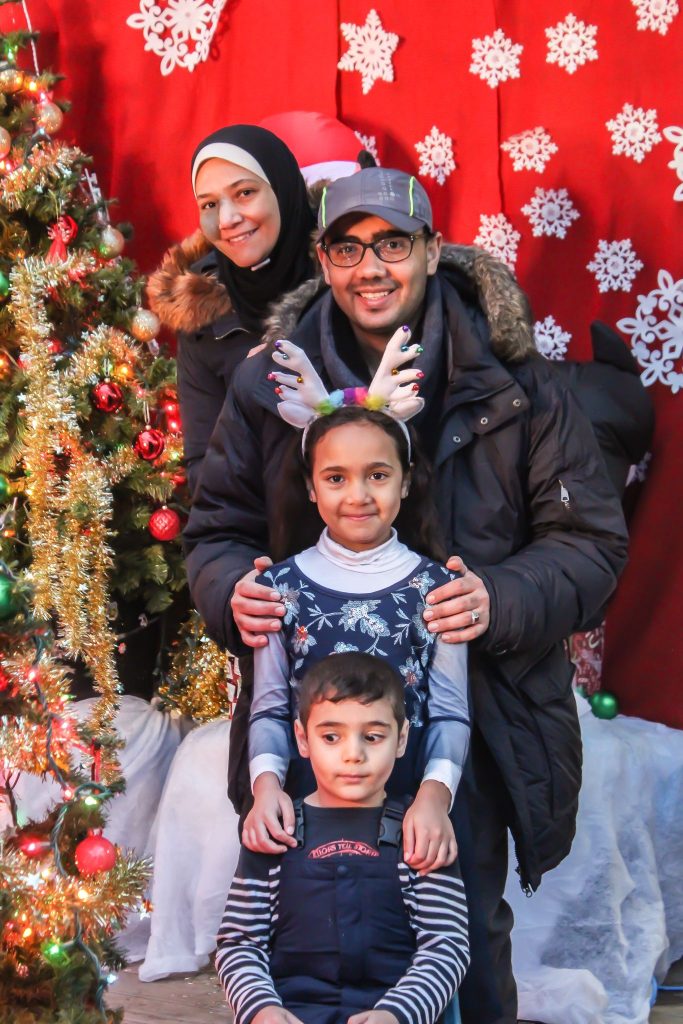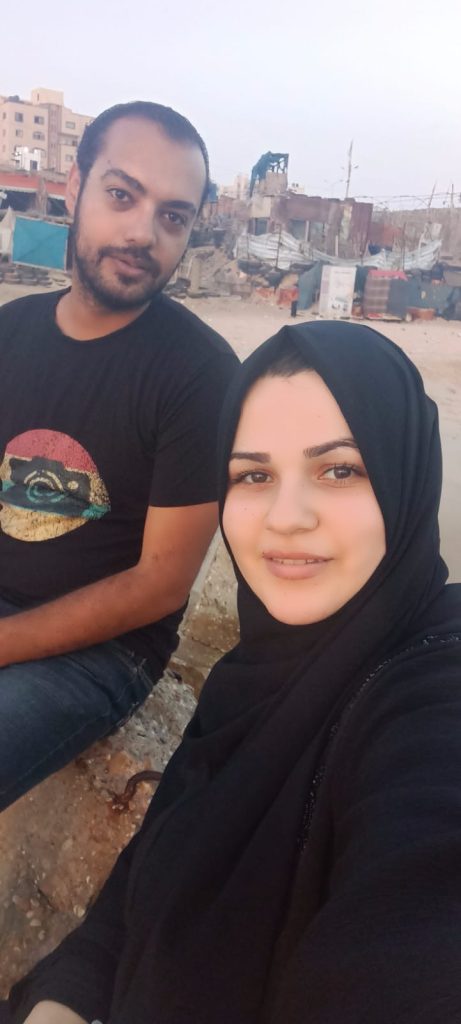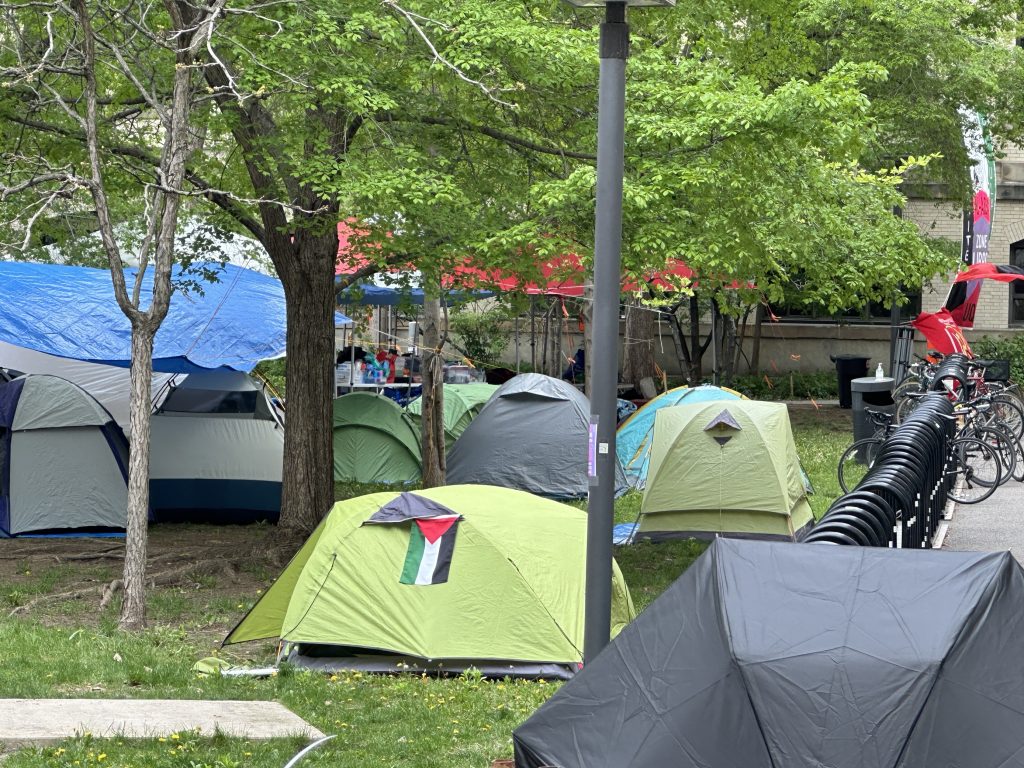Montreal family grieves 13-year-old daughter who died in Gaza
Posted February 13, 2024 9:46 am.
Last Updated February 13, 2024 6:59 pm.
A Montreal family is grieving for their 13-year-old daughter who died in Gaza as she waited to come to Canada.
Jana EL-Kahlout passed away after being malnourished and without medication, her family explains.
“Both communication and roads leading to where Jana is were cut off because of the war, even though she had permission to travel,” said her father Mahmoud EL-Kahlout.
Despite all the efforts the EL-Kahlout t family made to evacuate their daughter from Gaza to Montreal amid the Israel-Hamas war, she died Jan. 8.
Jana had been staying with family in Gaza but wanted to come to Montreal.
“We received permission from Global aAffairs at the beginning of December to transfer Jana to Canada, but her health condition deteriorated,” explained EL-Kahlout. “She was rushed to a specialized hospital for kids with disabilities because she was born with cerebral palsy.”
This family hopes their daughter’s case won’t be repeated for other Palestinians in Canada trying to bring their family from Gaza.
The EL-Kahlouts said the process to bring Jana was delayed years before the war started on Oct. 7.

“So many delays with IRCC (Immigration, Refugees and Citizenship Canada) without any reason. Our file is complete and were accepted as asylums two years ago, but we still haven’t gotten permanent residency. We informed them that Jana was in Gaza even before the war, but no response.”
The temporary visa program designed for Palestinians, which the federal government announced in December and came into effect in January, is limited to only permanent residents and citizens to host their family members in Canada. It says applicants are required to have up-to-date passports and results of biometric tests, such as fingerprints and photos for facial recognition. They must also show they will be supported by a Canadian citizen or permanent resident for a year.
Successful applicants will receive temporary visas good for three years. The government has capped the number of successful applicants at 1,000, citing the volatile situation on the ground in Gaza and the obstacles it has faced in getting people out.
EL-Kahlout said he still has family that he wants to help that are stuck in Gaza.
“I want to transmit a message to people working in Immigration Canada to finalize my file so that I can get permanent residence and help my family in Gaza. My brother and his wife are also stuck in Egypt without shelter.”


Global Affairs Canada (GAC) tells OMNI News in an email they are aware of Jana’s death and that their “hearts are with the family and their loved ones.”
“GAC officials were in direct contact with her family and provided assistance. Due to privacy considerations, no further information can be disclosed,” writes John Babcock, spokesperson, media relations for GAC.
“Communications remain difficult, although we continue to contact Canadian citizens, permanent residents, and their eligible family members in Gaza through all available channels and we continue to be in touch with their loved ones in Canada. Canada puts forward names of Canadians, permanent residents and their eligible family members to the local authorities for approval but does not ultimately decide who can leave Gaza. Global Affairs Canada continues to advocate for the approval of Canadians, PRs and their eligible family members to leave Gaza as soon as possible.
“Canada remains deeply concerned by the humanitarian crisis in Gaza and continues to call for the rapid, sustained and unimpeded passage of essential relief so that it can reach those in need. We urge all parties to uphold international humanitarian law.”
An immigration legal advisor and founder of Get in Canada, Luai El Haj, says there should have been a faster process for humanitarian cases like Jana’s.
“I do believe that there is a backlog in files with IRCC, we understand the delay, but for sure they could have done more, and better based on humanitarian reasons, there are exceptions and they could apply such an exception to process this for Jana to come to Canada, unfortunately she died.”




